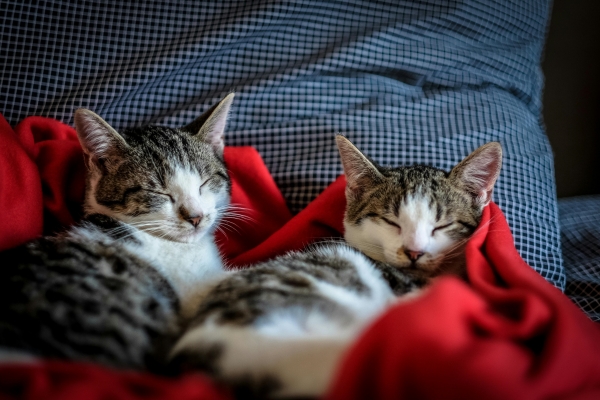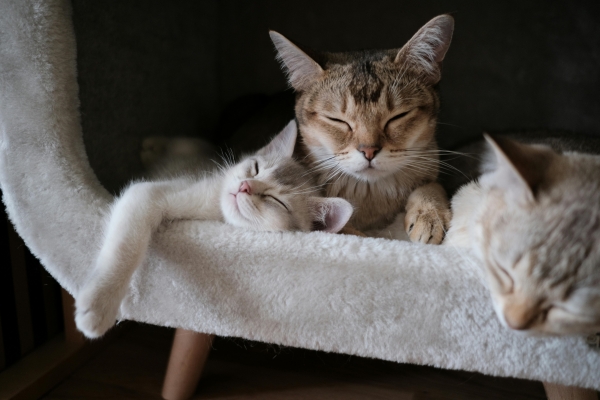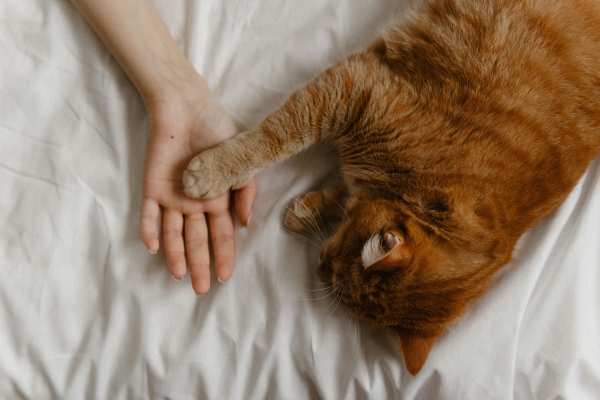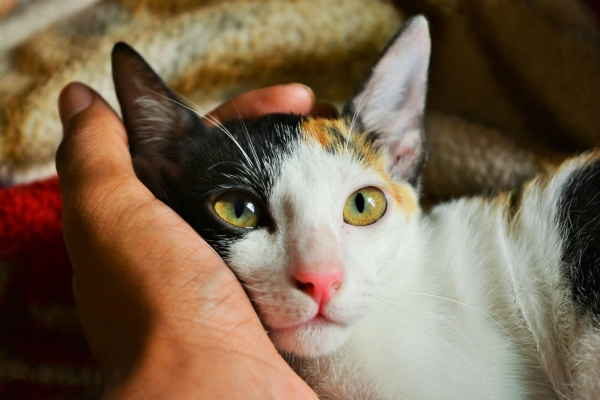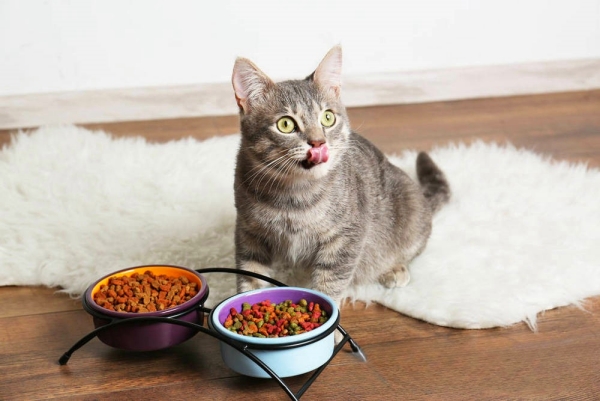Complete Guide to Cat Health: Every Life Stage
Many people think that cats are self-sufficient pets, but you’ll be surprised to learn that caring for a cat’s health requires as much effort as caring for a dog. Since many cats live indoors and can be difficult to put in carriers, some pet parents might avoid taking their feline friends to the vet. This can increase the risk of illness and disease, as medical issues may go unnoticed.
It’s crucial to ensure your cat receives proper veterinary care, vaccinations, nutrition, parasite prevention, and the mental and physical stimulation they need from the moment you adopt them. Here is a complete guide to cat health to help you keep your cat healthy at every life stage.
Kittens: 0-12 Months
Nutritional Needs
Kittens need more calories and protein to support their growth. Recommended foods include:
– Purina Pro Plan Focus Kitten Formula
– Royal Canin Feline Health Nutrition Kitten Formula
– Hill’s Science Diet Kitten Formula
– IAMS ProActive Health Kitten Formula
Medical Needs
Kittens require frequent vet visits and vaccinations, including tests for FIV and FeLV, feline distemper (FVRCP) vaccine, feline leukemia virus (FeLV) vaccine, and rabies vaccine. Dental care and flea prevention are also essential.
Mental and Physical Stimulation
Use toys and puzzles to stimulate their hunting instincts and provide scratching posts.
Adult Cats: 12 Months – 8 Years
Nutritional Needs
Adult cats need fewer calories and protein. Recommended foods include:
– Purina Pro Plan Focus Weight Management Formula
– Royal Canin Indoor Adult Cat Food
– Hill’s Science Diet Indoor Adult Cat Food
Medical Needs
Adult cats should have an annual health check, regular intestinal parasite screenings, and routine blood and urine tests. Maintaining dental health and continuing flea prevention is also crucial.
Mental and Physical Stimulation
Regular play and suitable scratching posts are essential. Use feeding puzzles and interactive toys for stimulation.
Senior Cats: 8-15 Years
Nutritional Needs
Senior cats may need special diets to manage weight and health issues. Canned food is recommended for higher moisture intake.
– Royal Canin Instinctive 7+ Canned Cat Food
– Purina Pro Plan Prime Plus Adult 7+ Canned Cat Food
Medical Needs
Senior cats should have health checks every six months to monitor common diseases like chronic kidney disease, hyperthyroidism, and arthritis.
Mental and Physical Stimulation
Provide a comfortable environment and appropriate toys. Be mindful of changes in vision and hearing, and provide night lights and low-sided litter boxes.
Geriatric Cats: 15-20 Years
Nutritional Needs
Continue using high-moisture foods and consider special supplements for joint and brain health.
– Hill’s Science Diet Hairball Control Adult 7+ Dry Cat Food
Medical Needs
Geriatric cats should have health checks every six months, focusing on managing chronic conditions and regular dental care.
Mental and Physical Stimulation
Offer a comfortable environment and gentle toys, and monitor their quality of life and mental health.
Common Cat Health Issues
Cats can face various health issues such as intestinal parasites, infectious diseases, inflammatory bowel disease, orthopedic problems, cancer, diabetes, hyperthyroidism, and kidney disease.
Key to Maintaining Health
From kittens to geriatric cats, regular veterinary check-ups, proper nutrition, and preventive measures can help keep your cat healthy and happy. Staying in touch with your vet is the best way to ensure your cat’s well-being.

